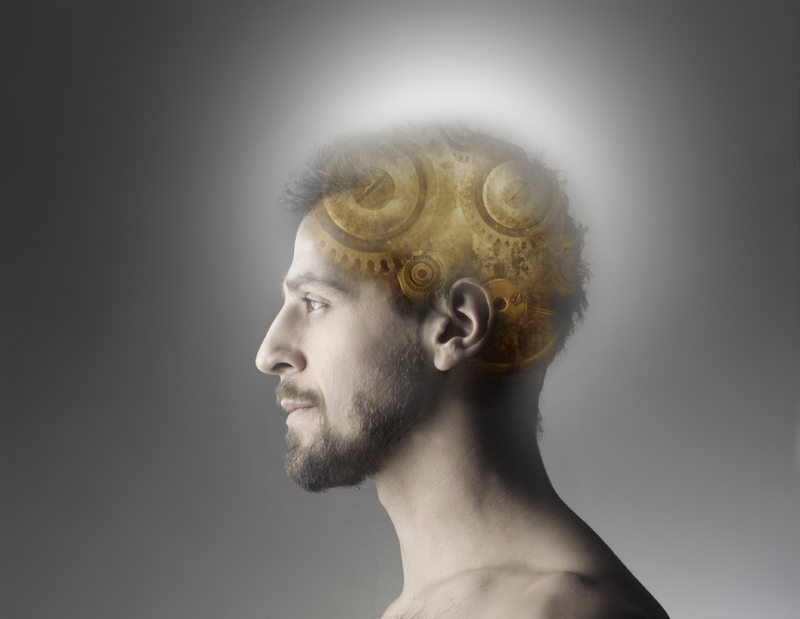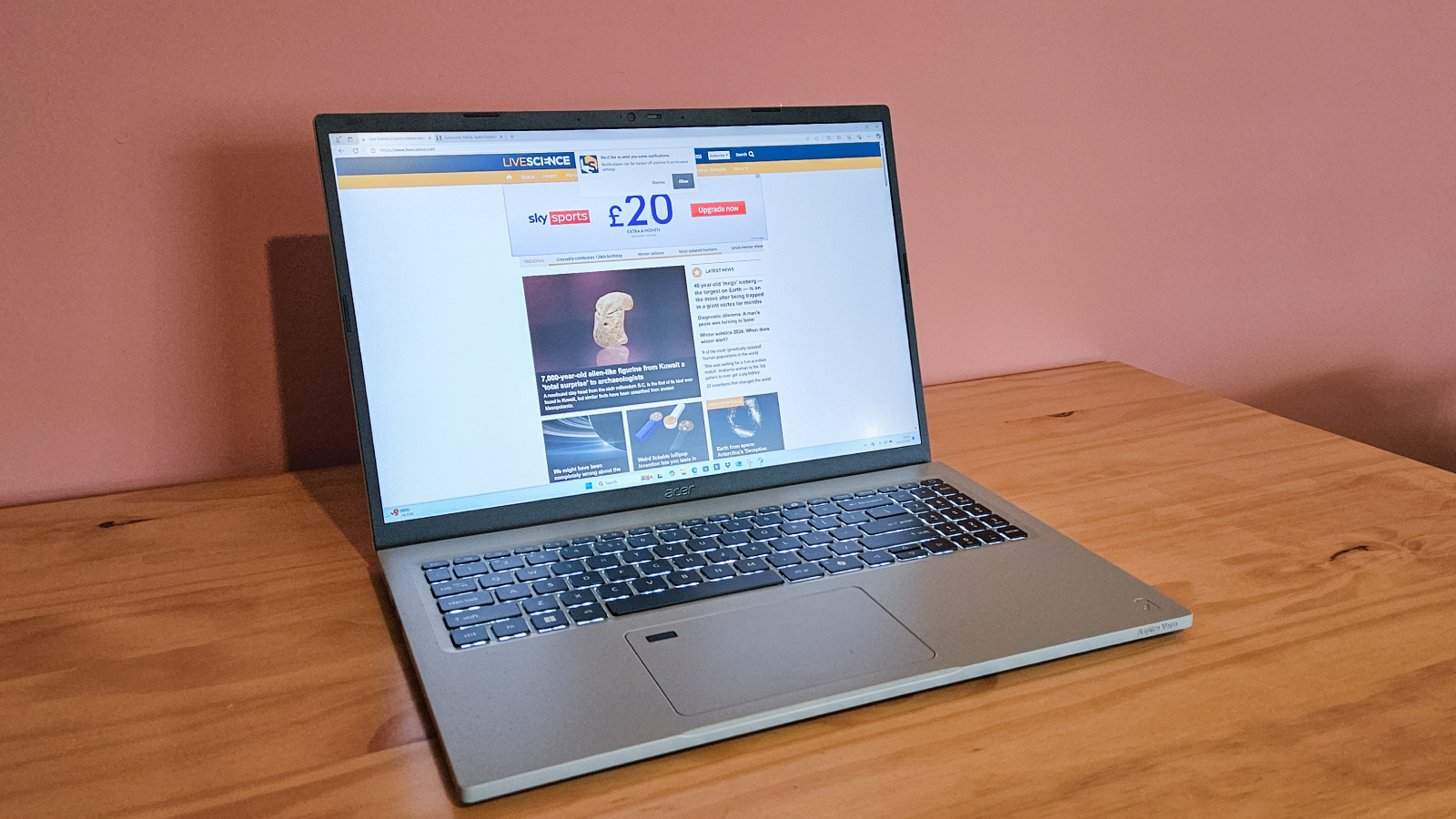Your Memory Might Not Be As Powerful As You Think

A significant number of Americans believe that memory is more powerful, objective and reliable than it actually is, a new survey finds. Some memory myths are so pervasive that up to 83 percent of people believe them.
The survey, published online today (Aug. 3) in the journal PLoS ONE, queried a nationally representative sample of 1,500 Americans about a variety of common beliefs about memory. The survey found that almost two-thirds of Americans believe that memory works like a video camera, accurately recording events for later review.
In fact, study researchers said, scientific data suggests that even confident eyewitnesses to an event are wrong about what happened 30 percent of the time.
Test yourself
An online version of the memory survey is available at http://www.theinvisiblegorilla.com/survey.html. That survey is for educational purposes only, but University of Illinois at Urbana-Champaign psychologist Daniel Simons and Union college psychologist Christopher Chabris worked with a polling company to ask the same questions to Americans over the telephone.
To test yourself regarding one of the most popular myths, follow the instructions on this video before reading on [Watch video]:
How'd you do? According to the new survey, 78 percent of respondents believe that people are good at noticing unexpected events, even when they're paying attention to something else. But a 1999 study published in the journal Perception used this video to show that's not the case: On average, 46 percent of people failed to notice the gorilla (which was in some cases replaced by a woman with an umbrella) walking through the scene.
Sign up for the Live Science daily newsletter now
Get the world’s most fascinating discoveries delivered straight to your inbox.
People's ability to notice the gorilla varied depending on what they were doing. If they were busy counting passes from the black team, about 67 percent saw the gorilla, likely because they were tuned into black objects. If they were ignoring the black team and counting basketball passes from the white team, on the other hand, only 8 percent noticed the gorilla on first viewing.
Memory myths
The other widely held, but incorrect, beliefs were:
People with amnesia typically cannot recall their own name or identity.
That survey found that 83 percent of people erroneously agree with this statement. It might be the case in Hollywood movies like "The Bourne Identity," researchers say, but in fact, the most common type of amnesia occurs after brain damage. People remember their past and who they are, but they have can't form memories of anything that happened after their injury.
Hypnosis is useful in helping witnesses accurately recall details of a crime.
A small majority — 55 percent — agreed that hypnosis could be useful in jogging witnesses' memories. In fact, while hypnosis can lead a person to recall information about an event, that information is no more accurate than their initial memories, Simons and Chabris wrote. People in a hypnotic state are also highly suggestible, prone to recalling details to please the hypnotist whether the details are correct or not.
Once you've formed a memory, it does not change.
About 48 percent of people said that memories don't change, but they're fooling themselves. Indeed memories do change over time, the researchers write, and subtle suggestions can lead people to recall memories that never happened.
The testimony of one confident witness should be enough to convict a defendant of a crime.
This myth got the nod from 37 percent of people, but confidence and accuracy aren't linked, Simons and Chabris wrote. The criminal justice system is a place where these memory myths can cause real harm, Simons said in a statement.
"Our memories can change even if we don't realize they have changed," Simons said. "That means that if a defendant can't remember something, a jury might assume the person is lying. And misremembering one detail can impugn their credibility for other testimony, when it might just reflect the normal fallibility of memory."
You can follow LiveScience senior writer Stephanie Pappas on Twitter @sipappas. Follow LiveScience for the latest in science news and discoveries on Twitter @livescience and on Facebook.

Stephanie Pappas is a contributing writer for Live Science, covering topics ranging from geoscience to archaeology to the human brain and behavior. She was previously a senior writer for Live Science but is now a freelancer based in Denver, Colorado, and regularly contributes to Scientific American and The Monitor, the monthly magazine of the American Psychological Association. Stephanie received a bachelor's degree in psychology from the University of South Carolina and a graduate certificate in science communication from the University of California, Santa Cruz.










